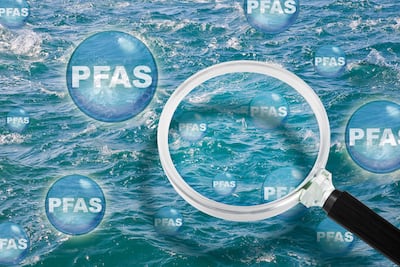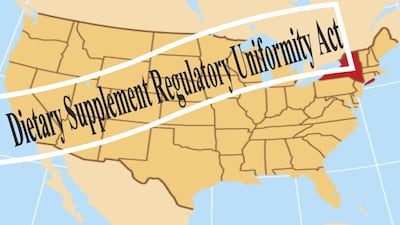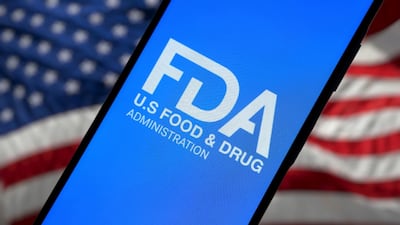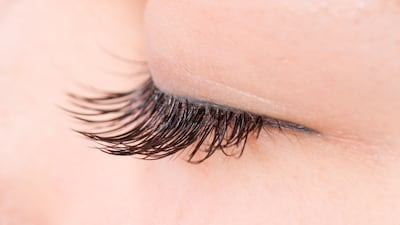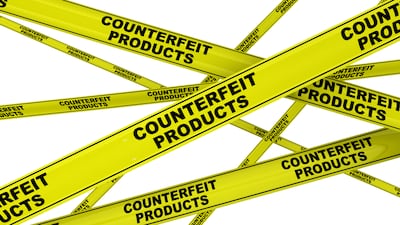Policy & Regulation
The Estee Lauder Companies, Inc. pleaded guilty to two counts of violating a Canadian Act that had required it to correct missteps related to selling products containing PFAS.
“Dietary Supplement Regulatory Uniformity Act” would prohibit states from adding requirements and rules for supplement manufacturing and sales on top of FDA regulations.
The European Commission’s recent environmental omnibus failed to address industry concerns on wastewater cost allocations, and legal pathways are expected to be the way forward.
The US FDA published a Q&A draft guidance for cosmetic manufacturers on its expanded record-gathering authority under MoCRA, the types of documents that do not apply and the repercussions for stakeholders that do not comply with requests for data.
The US FDA’s recent warning letters demonstrates increased scrutiny of contract manufacturers in the OTC and cosmetics space over potential benzene formation. Separately, NGO Weaving Voices for Health & Justice continues to pressure FDA after it misses its deadline for a formaldehyde proposed rule.
Venable LLP attorney Claudia Lewis shares how MoCRA stakeholders can audit safety substantiation records, take steps toward GMP compliance and review labeling claims, while also preparing internal processes to enable a rapid response in the case of an FDA mandatory recall.
Private Label Skin Care Inc. has violated Current Good Manufacturing Practice regulations for pharmaceuticals, according to the agency.
Commissioner Martin Makary told staff that more than 400 new people are being onboarded, although where they will be placed is unclear.
A new bill introduced in the US House of Representatives seeks to curb the patchwork of packaging regulations for consumer products in different states with a federal standard.
FDA’s draft guidance on mandatory cosmetic recalls under MoCRA signals how the agency plans to exercise its new recall authority and urges companies to strengthen compliance, recall readiness and rapid response procedures.
The US FDA issued a report on PFAS, as mandated by Congress under the Modernization of Cosmetics Regulation Act, on Dec. 29, concluding that the safety of most PFAS cannot be established due to a lack of available data.
Former agency officials now representing industry worry that a deregulatory bent could be driving "Simple Reform" plan to merge all medical product and clinical research inspectorates and that specialist expertise gained in 2017 "Program Alignment" initiative will be reversed.
An updated study on the extended producer responsibility costs associated with the Urban Wastewater Treatment Directive, released with the latest omnibus from the European Commission focusing on the environment, doesn't adjust the cosmetic industry’s expected financial contribution.
Washington state’s Toxic Free Cosmetics Act requires that retailers, salons and distributors in the state remove all remaining banned beauty products from store shelves by Jan. 1, 2026.
The Colorado Department of Public Health and Environment approved Circular Action Alliance’s final plan for the state’s Extended Producer Responsibility program on Dec. 9.
Sunscreen products industry and public health advocacy groups have been critical that FDA has not approved a new filter since 1999 even as countries in Europe and other regions allow using numerous additional ingredients in sunscreens.
The North American cosmetics sector would face major supply-chain and regulatory risks if USMCA is not renewed, says PCPC, which encouraged the US Trade Representative during a Dec. 5 hearing to keep the agreement and its Cosmetics Annex in place as it prepares its Jan. 2 recommendation to Congress.
CDER Office of Generic Drugs publishes MaPP for prescription-to-nonprescription switches and ANDAs to explain regulatory responsibilities for makers of generic copies of reference listed drugs approved for OTC switch.
Attorneys representing the marketers of two prostaglandin analogues urge a working group of the Expert Panel for Cosmetic Ingredient Safety to reconsider its stance on the use of read-across and non-animal methods for assessing the ingredients’ safety.
Cosmetics Europe welcomes the EU’s 2030 Consumer Agenda for strengthening enforcement of online product sales but argues it should do more to target intermediaries that enable counterfeit cosmetic sales, while also warning against unnecessary new rules on territorial supply constraints.

